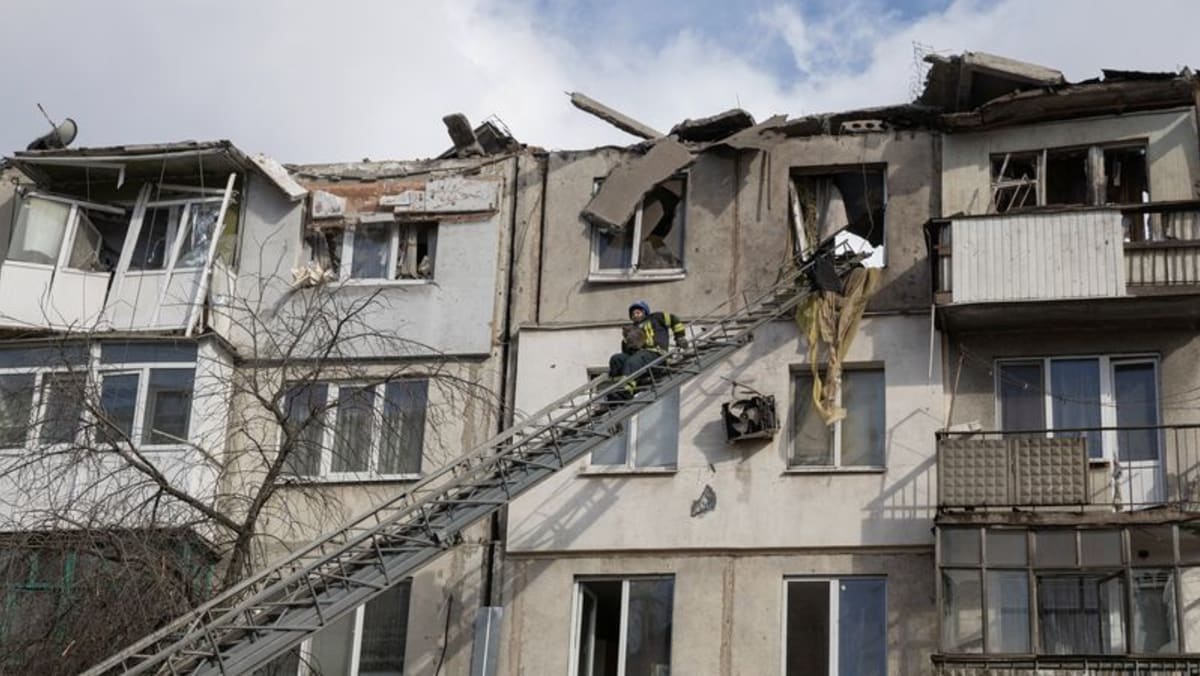“EFFECTIVE TOOL”
“War On Fakes,” whose Telegram channel has hundreds of thousands of subscribers, calls itself “objective” and “unbiased” and claims to combat the “information war launched against Russia.”
It does not name its writers and it remains unclear who was behind the project, launched last year soon after the invasion, but among its amplifiers are pro-Kremlin actors including Russian ministries and embassies.
“It is an effective tool of state propaganda and disinformation,” said Osadchuk.
“It works primarily because fact-checking usually serves for readers as an ‘authoritative’ source to seek ‘objective information.'”
Similar pseudo-fact-checking campaigns have appeared on Russian state television, which runs a segment called “AntiFake,” as well as a pro-Moscow Telegram channel called “Fake Cemetery”.
They and other pro-Russian agitators have used pseudo-fact-checks to discredit reports by Western media, including AFP, of multiple incidents in the conflict.
Those include killings in the Kyiv suburb of Bucha, where hundreds of bodies were discovered after the Russian army was driven out last March, and shelling of a maternity hospital in the port city of Mariupol that was captured by Moscow after a long siege.
States including Russia have a “long tradition of using fact-checking type techniques as part of propaganda efforts,” Martin Innes, director of the Security, Crime and Intelligence Innovation Institute at Cardiff University, told AFP.
“Rather than simply sowing disinformation, these are typically used to try and deny claims being made by an adversary, or to induce doubts about the veracity of claims being made by them.”
(Except for the headline, this story has not been edited by PostX News and is published from a syndicated feed.)

